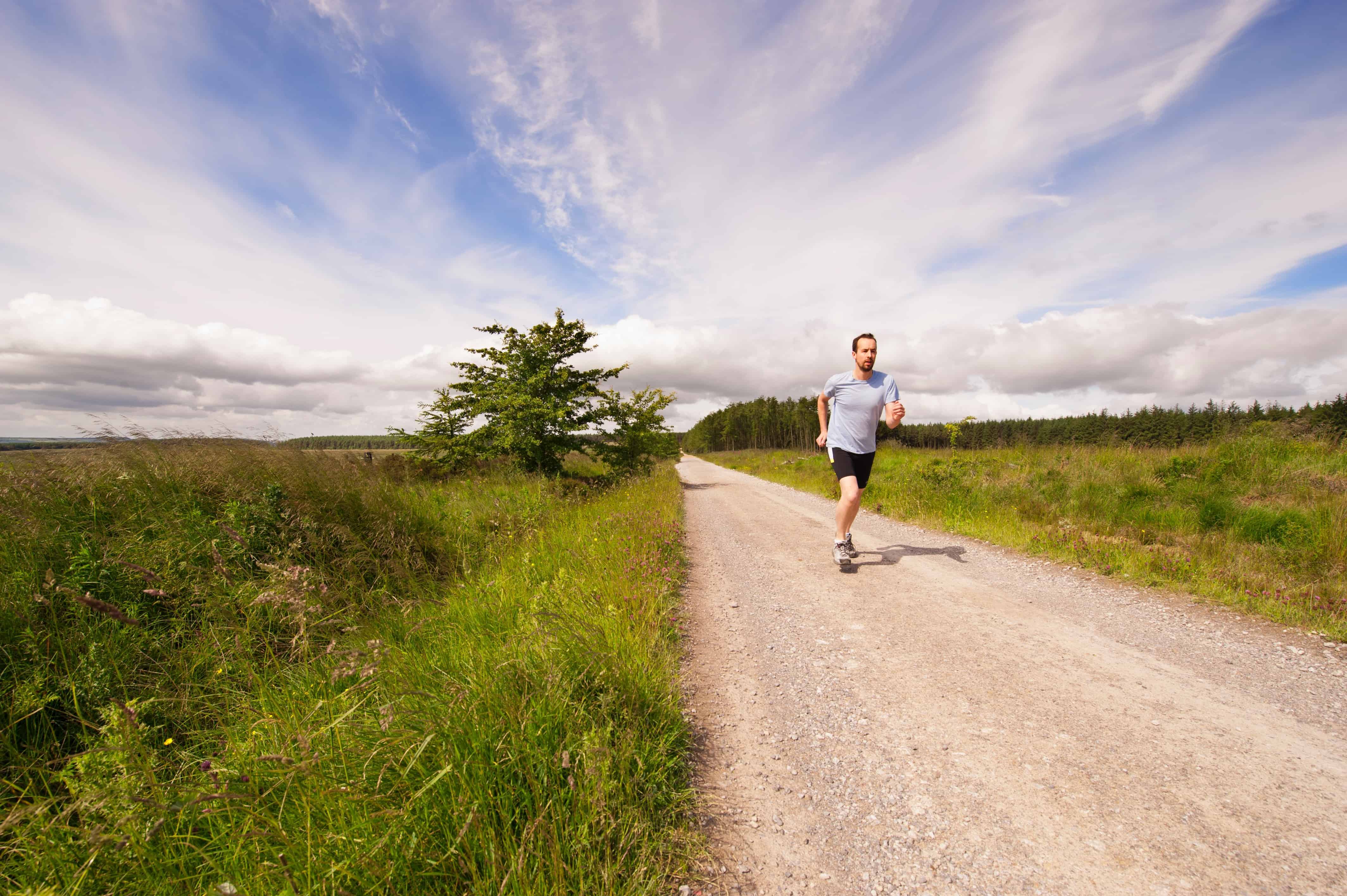It’s Saturday morning, and you dragged yourself out of bed early for a long run. Not only that, but you went to bed on time the night before. So why does your run feel so hard? You sabotaged yourself two days ago and didn’t even know it. You didn’t start increasing your water intake in the days before your long run. Lack of proper hydration can slow down even the most conditioned athletes. Being dehydrated can make you age faster, too!
That’s why you need to know the signs and symptoms of dehydration and plan to stay hydrated.
Taking in the right amount of water sounds straightforward, but it’s not always easy. Balancing the correct amount of water and minerals can be difficult. Here are some tips for hydrating before, during, and after a run, as well as typical signs of dehydration. Grab a bottle of water, and read on.
Hydration Tips All Runners Should Know
1 – Get hydrated and stay that way
You may have engineered the perfect training schedule, but it won’t do you good if you don’t drink enough water. Schedule your water breaks throughout the day. If that doesn’t work for you, and you’re willing to be the person walking around the office with the gallon water jug, try this. Mark the jug with the times of the day. For most people, there’s no reason to consume a gallon of water per day.
Dr. Seifter of Harvard Medical School says there’s no one-size-fits-all answer for hydration. The school recommends that a healthy person take in four to six cups of water daily. This can increase or decrease based on a person’s activity level and health. Most recommendations are for runners to consume eight to ten cups of water a day.
2 – Maintaining your electrolyte balance
A banana daily keeps the electrolyte imbalance away, or at least that’s how that saying goes. Most of the time, water is all you need during a workout. Erica Goldstein, a leading dietician, recommends a sports drink only for those working out for more than an hour. This should also be a consideration for people exercising in high heat.
The time to worry about electrolytes isn’t only during your runs. This should be something you think about every day. The average adult consumes only half of the recommended intake of potassium. At the same time, they’re taking in at least ten times the recommended daily serving of sodium. Taking in that much sodium isn’t great for your cardiac health, but it’s the lack of potassium you should be concerned with. At a cellular level, potassium is pulled into cells, and sodium is forced out. This transaction allows signals to reach your nerves and tells your muscles to move. It’s also why muscle cramps can usually be cured with a banana and water.
3 – Don’t ignore signs of dehydration
Being dehydrated is a quick way to devastate a race time, and worse than that, it’s dangerous. Luckily, it doesn’t happen simultaneously; dehydration symptoms are progressive. Don’t think that you can push through it, though. Exercising through mild dehydration symptoms can quickly turn into an emergency room visit. That’s why it’s important to recognize dehydration symptoms before they create a severe problem.
Dehydration Symptoms
- Thirst: It would be shocking if you are a runner and have never heard that if you’re thirsty, you’re already dehydrated. That’s probably because it’s true. Shoot for a water break every twenty minutes or so during a run. Taking two or three gulps is an easy way to measure how much water you should drink at each break.
- Urine color: This is another indicator most runners have learned to use to measure hydration. A clear to lemonade-colored urine is what you should be looking for.
- Headache: This one doesn’t need much explaining. If you have a headache, drink water.
- Muscle cramps: Just like you read in the electrolyte section, muscle cramps can be caused by dehydration. If you’re working out and your leg cramps up, it’s safe to assume it’s from a lack of potassium and water.
Final Thoughts on Running and the Importance of Avoiding Dehydration
You know the importance of proper hydration before, during, and after a run. You’re also educated on the signs of dehydration. Hopefully, this information will help you reach your running goals and with a healthy body. Remember, if you are experiencing health-related issues, you should always consult with your doctor.














 Community
Community

